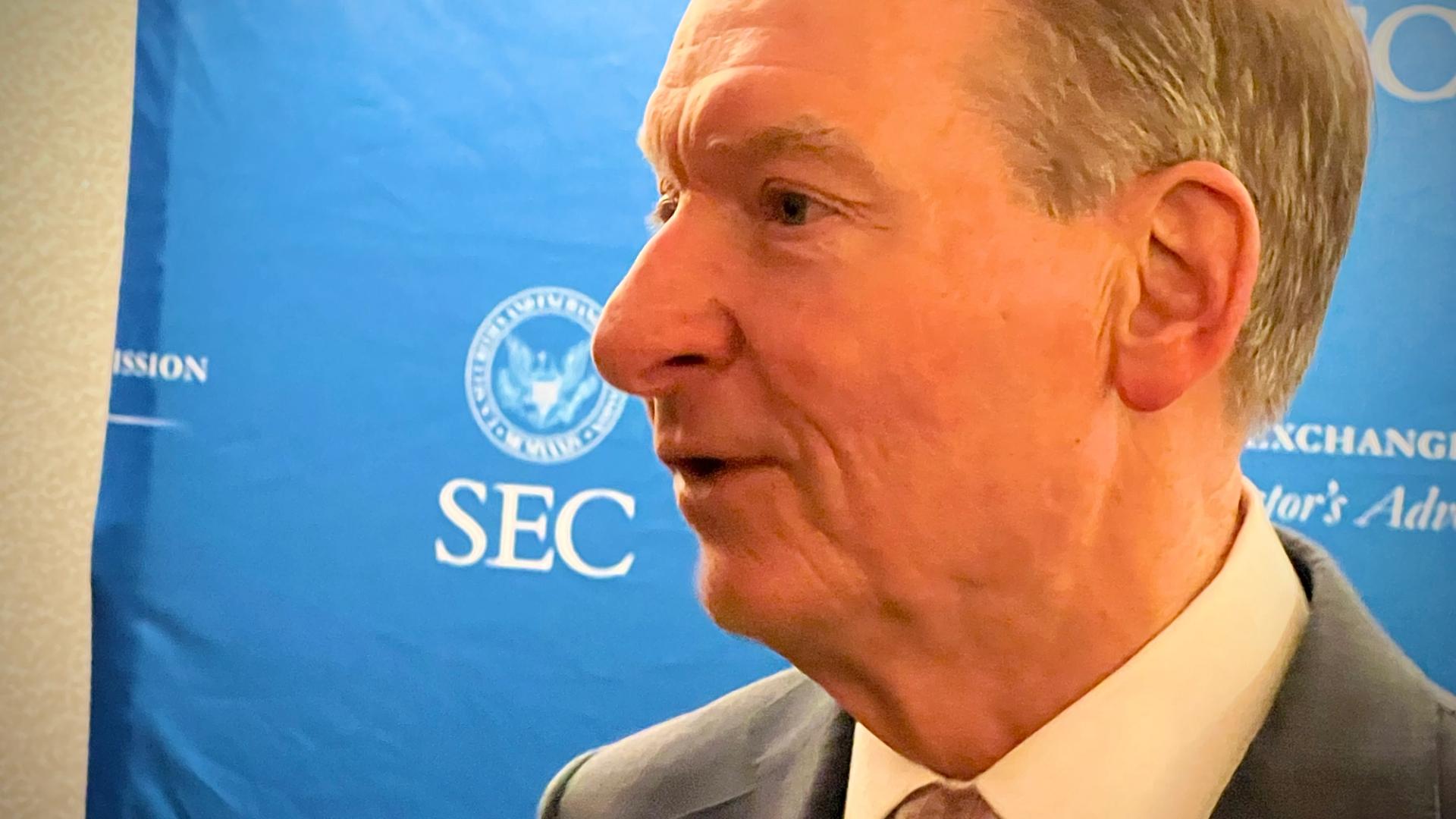
Established 77 years ago, Mitsui & Co stays vibrant by building businesses and ecosystems with new technologies like generative AI and confidential computing.
Digital transformation takes many forms at the Tokyo-based conglomerate with 16 divisions. In one case, it’s an autonomous trucking service, in another it’s a geospatial analysis platform. Mitsui even collaborates with a partner at the leading edge of quantum computing.
One new subsidiary, Xeureka, aims to accelerate R&D in healthcare, where it can take more than a billion dollars spent over a decade to bring to market a new drug.
“We create businesses using new digital technology like AI and confidential computing,” said Katsuya Ito, a project manager in Mitsui’s digital transformation group. “Most of our work is done in collaboration with tech companies — in this case NVIDIA and Fortanix,” a San Francisco based security software company.
In Pursuit of Big Data
Though only three years old, Xeureka already completed a proof of concept addressing one of drug discovery’s biggest problems — getting enough data.
Speeding drug discovery requires powerful AI models built with datasets larger than most pharmaceutical companies have on hand. Until recently, sharing across companies has been unthinkable because data often contains private patient information as well as chemical formulas proprietary to the drug company.
Enter confidential computing, a way of processing data in a protected part of a GPU or CPU that acts like a black box for an organization’s most important secrets.
To ensure their data is kept confidential at all times, banks, government agencies and even advertisers are using the technology that’s backed by a consortium of some of the world’s largest companies.
A Proof of Concept for Privacy
To validate that confidential computing would allow its customers to safely share data, Xeureka created two imaginary companies, each with a thousand drug candidates. Each company’s dataset was used separately to train an AI model to predict the chemicals’ toxicity levels. Then the data was combined to train a similar, but larger AI model.
Xeureka ran its test on NVIDIA H100 Tensor Core GPUs using security management software from Fortanix, one of the first startups to support confidential computing.
The H100 GPUs support a trusted execution environment with hardware-based engines that ensure and validate confidential workloads are protected while in use on the GPU, without compromising performance. The Fortanix software manages data sharing, encryption keys and the overall workflow.
Up to 74% Higher Accuracy
The results were impressive. The larger model’s predictions were 65-74% more accurate, thanks to use of the combined datasets.
The models created by a single company’s data showed instability and bias issues that were not present with the larger model, Ito said.
“Confidential computing from NVIDIA and Fortanix essentially alleviates the privacy and security concerns while also improving model accuracy, which will prove to be a win-win situation for the entire industry,” said Xeureka’s CTO, Hiroki Makiguchi, in a Fortanix press release.
An AI Supercomputing Ecosystem
Now, Xeureka is exploring broad applications of this technology in drug discovery research, in collaboration with the community behind Tokyo-1, its GPU-accelerated AI supercomputer. Announced in February, Tokyo-1 aims to enhance the efficiency of pharmaceutical companies in Japan and beyond.
Initial projects may include collaborations to predict protein structures, screen ligand-base pairs and accelerate molecular dynamics simulations with trusted services. Tokyo-1 users can harness large language models for chemistry, protein, DNA and RNA data formats through the NVIDIA BioNeMo drug discovery microservices and framework.
It’s part of Mitsui’s broader strategic growth plan to develop software and services for healthcare, such as powering Japan’s $100 billion pharma industry, the world’s third largest following the U.S. and China.
Xeueka’s services will include using AI to quickly screen billions of drug candidates, to predict how useful molecules will bind with proteins and to simulate detailed chemical behaviors.
To learn more, read about NVIDIA Confidential Computing and NVIDIA BioNeMo, an AI platform for drug discovery.






